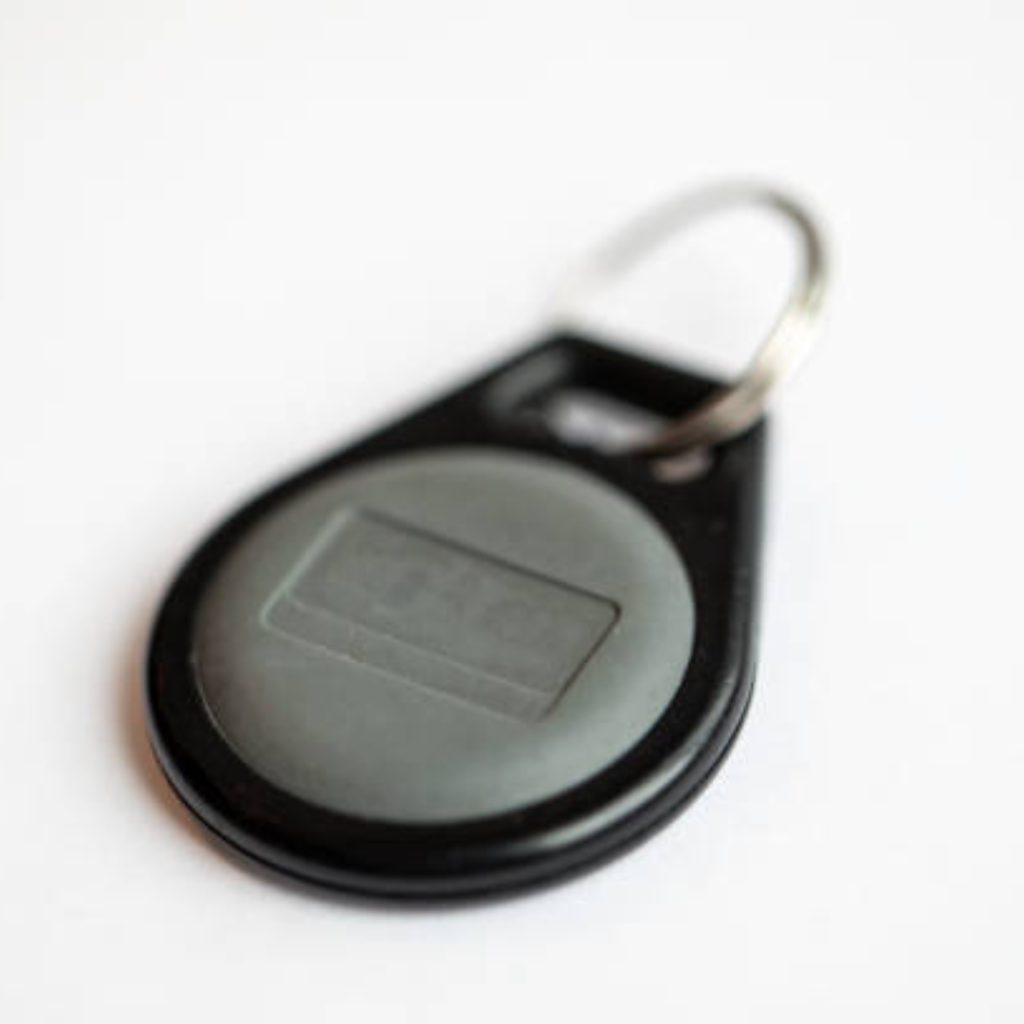Understanding What Happens During a Fob Audit and How It Affects You
As key and fob specialists, we often get questions from renters and condo residents who are told there’s going to be a fob audit in their building. If you’ve recently made a copy of your fob or are just wondering what this process means for your access, this guide is for you.
Here’s a simple breakdown of what a fob audit is, why it’s done, and what you should expect — especially if you’ve had a fob copied with MiniFob.
What Is a Fob Audit?
A fob audit is a review of all the key fobs registered to a building’s access control system. These audits are typically done by property management, security, or the condo board to identify:
- Which fobs are still in active use
- Which ones have been lost, copied without authorization, or are no longer needed
- Which users should still have access to the building and its restricted areas
The main goal is to enhance building security by disabling any fobs that are unaccounted for or could pose a risk.
Why Do Buildings Conduct Fob Audits?
1. Better Security
Every active fob grants access to your building. If fobs go missing, fall into the wrong hands, or are tied to old tenants, there’s a risk of unauthorized entry. Fob audits help prevent that.
2. Clear Accountability
Audits allow building managers to keep a clean, updated record of who has access and which fobs are assigned to each unit or person.
3. Compliance with Policies
Some condos or commercial buildings are required to perform audits periodically as part of internal regulations or broader safety standards.
How Are Fob Audits Done?
The process is fairly straightforward:
- Verification: Management will ask residents to confirm which fobs they actively use.
- Deactivation: Lost or unclaimed fobs are deactivated in the system.
- Database Update: The building’s access control software is updated to reflect the latest information.
- Frequency: Some buildings do this annually, while others do it when there are concerns about access control.
What About My Copied Fob from MiniFob?
If you’ve made a copy of your original fob through MiniFob or one of our partners, there’s nothing to worry about during a fob audit.
Here’s why:
✅ As long as the original fob is still active (the fob you made the copy from), your copy will continue to work.
❌ The building’s system cannot detect or deactivate copies on its own — they can only disable the fobs they’ve issued and registered in their database.
So if you’re asked to show your fob during an audit, just present your original. The copy doesn’t need to be scanned or declared, and you’ll stay in the clear.
Why It’s Smart to Have a Backup Fob
Audits are a great reminder that having a backup key fob is a smart move — whether for a roommate, family member, cleaner, or just in case you misplace yours. At MiniFob, we duplicate most condo and apartment fobs in minutes, with no risk to your original and a lifetime guarantee.
If you don’t see your fob listed on our website, check our headquarters location at FobToronto.
Final Thoughts: What to Know About Fob Audits
So, what’s a fob audit?
It’s a routine safety check to ensure building access is properly managed — nothing to panic about. If you’ve made a backup with us, you’re still covered. And if you haven’t yet, it’s worth having one ready before you’re caught without access.
We don’t provide legal advice, but we do provide smart, secure access solutions for tenants and property managers alike. For specific audit rules in your building, check with your property manager or the Landlord and Tenant Board (LTB) for more details.
Need help with a fob copy? We’re always here to help.



Recent Comments